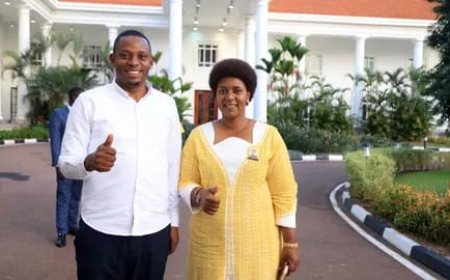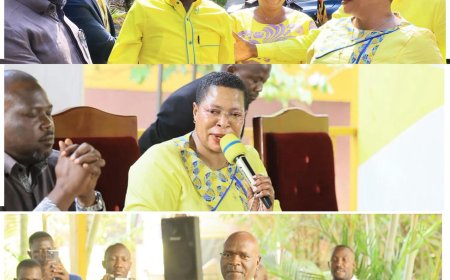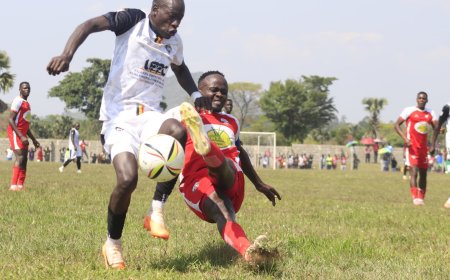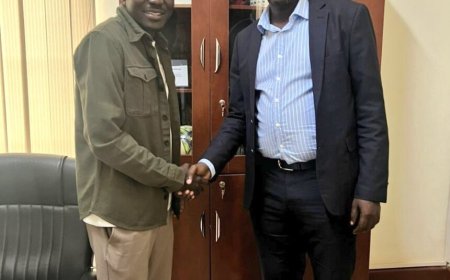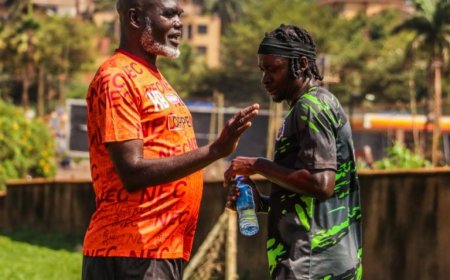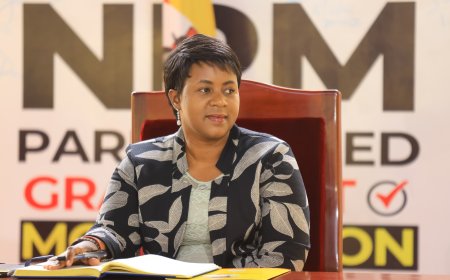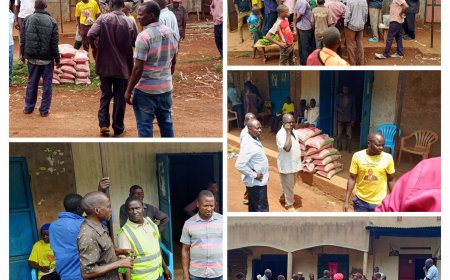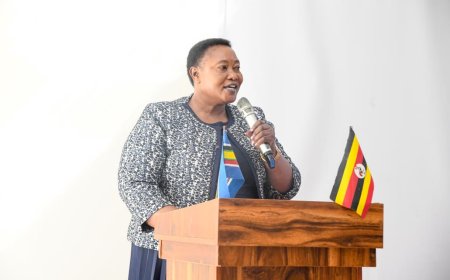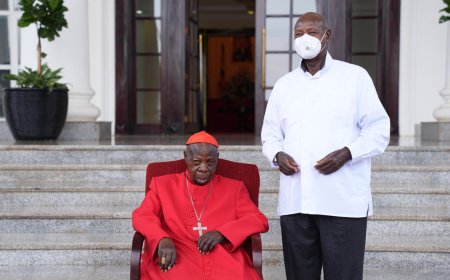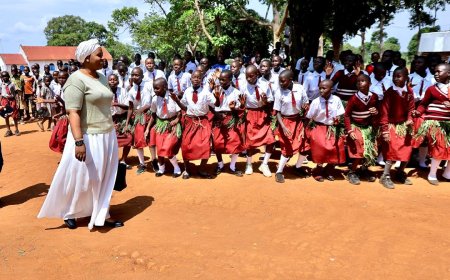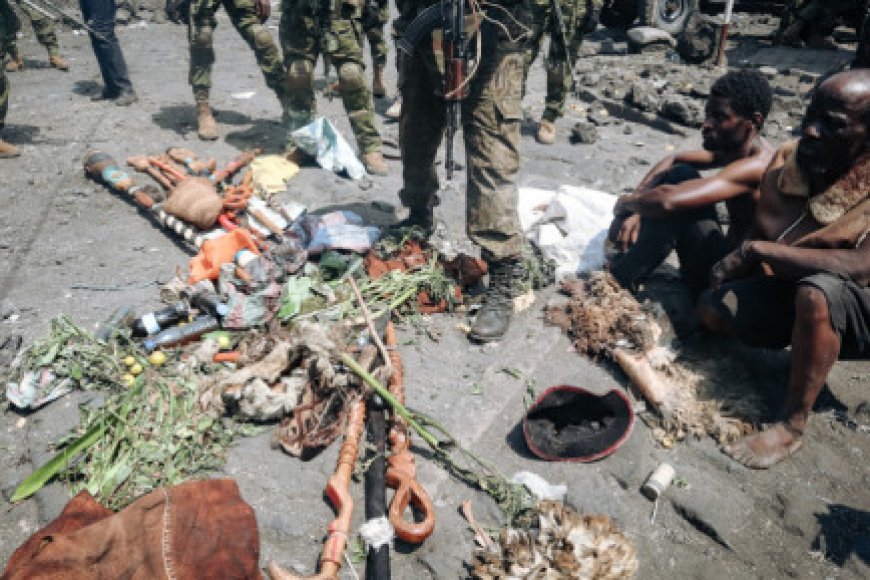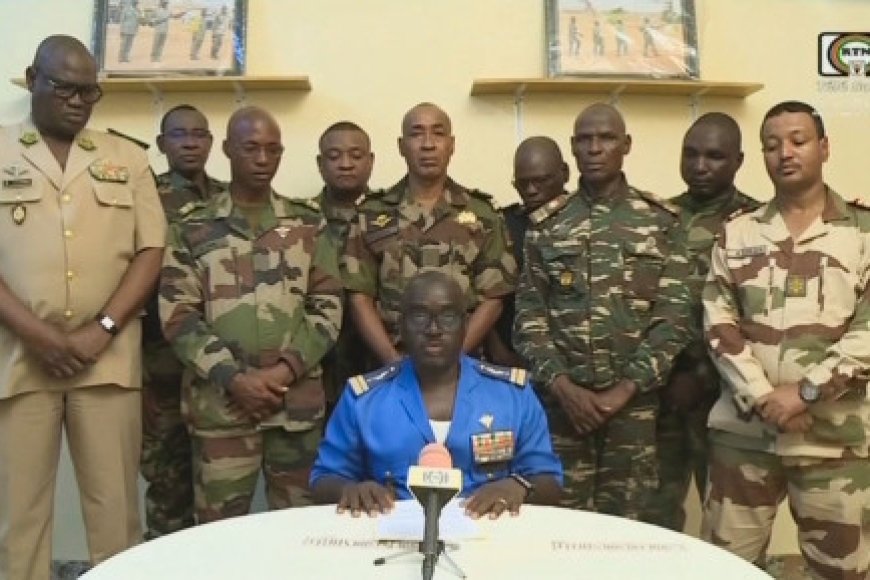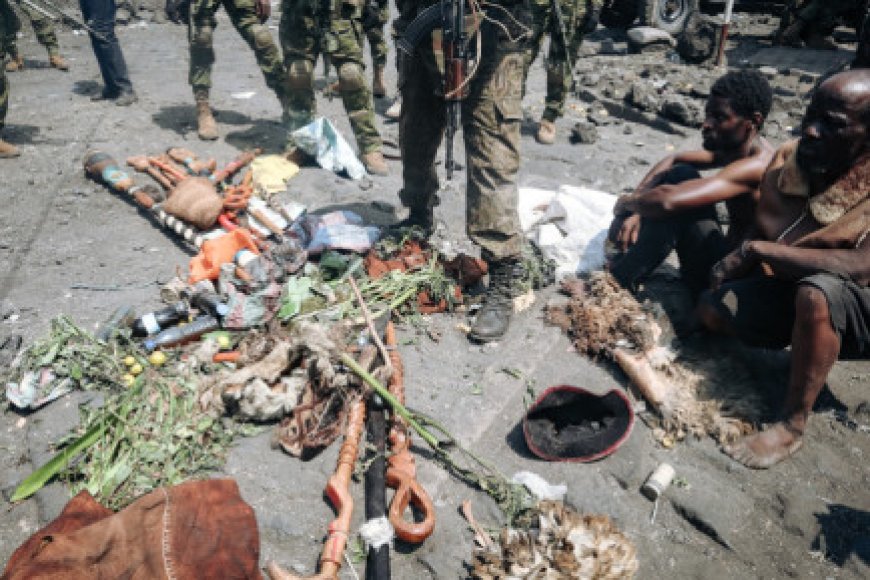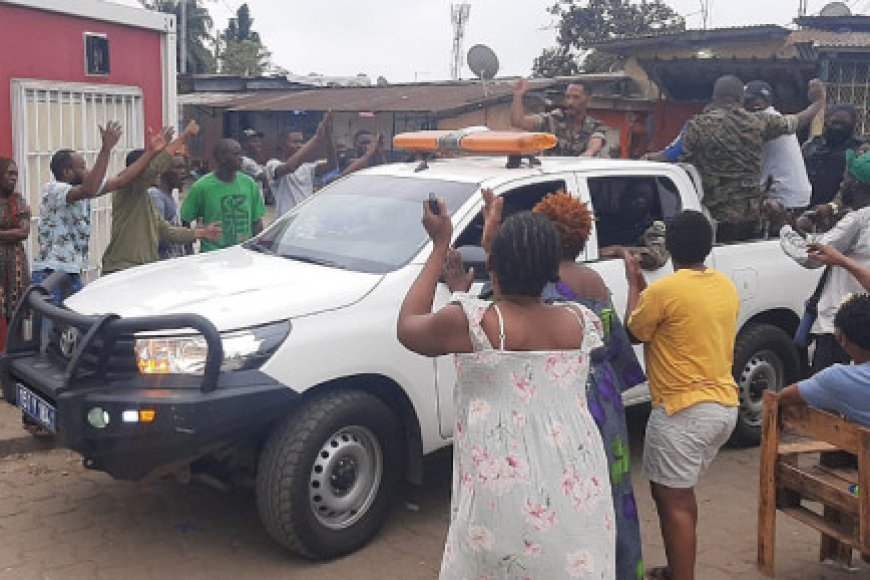US 'cautiously optimistic' on Sudan truce for aid
Envoys from the warring generals - army chief Abdel Fattah al-Burhan and paramilitary commander Mohamed Hamdan Daglo - have been meeting since Saturday in the Saudi coastal city of Jeddah for 'pre-negotiation talks' with the participation of the United States.
WASHINGTON - The United States is "cautiously optimistic" that Sudan's warring factions will reach a new temporary ceasefire during talks in Saudi Arabia to allow in aid, a senior official said Wednesday.
Envoys from the warring generals - army chief Abdel Fattah al-Burhan and paramilitary commander Mohamed Hamdan Daglo - have been meeting since Saturday in the Saudi coastal city of Jeddah for "pre-negotiation talks" with the participation of the United States.
"Our goal for these talks has been very narrowly focused first on securing agreement on a declaration of humanitarian principles and then getting a ceasefire that is long enough to facilitate the steady delivery of badly needed services," said Victoria Nuland, the State Department's number three official.
"I talked to our negotiators this morning who are cautiously optimistic," she told the Senate Foreign Relations Committee.
The top UN aid official, Martin Griffiths, outlined proposals in which the two sides would guarantee safe passage for humanitarian relief, according to a UN spokesperson.
If a new temporary ceasefire is reached, talks will expand to work toward a permanent end to hostilities, Nuland said.
"We and our partners continue to make clear to the warring parties led by these two generals that there can be no military solution to this crisis and negotiations are the only way forward," Nuland said.
The violence broke out nearly a month ago as the paramilitary forces refused to integrate into the army in line with an agreement as part of a fragile transition to civilian rule.
President Joe Biden last week threatened sanctions against the warring sides after the last ceasefire, brokered largely by the United States, ended.
Asked about potential sanctions, Nuland said the US administration would "look at appropriate targets in various categories, particularly if we cannot get these generals to allow the humanitarian aid and put their guns down."
More than 750 people have been killed in the fighting which has wounded more than 5,000, according to the Armed Conflict Location and Event Data Project.
